Written by Bridge Church Elder Bill Erickson
What do you do when the brook dries up?
In recent days our lives have changed dramatically. Everywhere you look, every news clip you read, or listen to, hits us with this new reality. We’re told it’s only temporary -and I believe that - but today it’s real. Today we’re adrift in the middle of an uncharted sea. When times of uncertainty come how should we respond?
One of my favorite Old Testament characters is the man Elijah the Tishbite. He was a rugged old prophet from the town of Tishbe, in Gilead, east of the Jordan River. We meet him in the OT during the reign of King Ahab. (1 Kings 17-19). Elijah’s very name means, “My God is Yahweh.” This man, with a heart tender toward God, was told to go visit King Ahab, the worst of the nineteen kings that ruled over Northern Israel. What a contrast in personalities! I Kings 16:33, says, “King Ahab did more to provoke the anger of the Lord than any of the other kings before him”. He was one mean dude! Still, God chose Elijah to carry this message to King Ahab:
“As surely as the Lord, the God of Israel, lives – the God I serve – there will be no dew or rain during the next few years until I give the word.” (v.1)
A troubling message to give to the worst king in Israel’s history! The next verses are interesting. “Then the Lord said to Elijah, Go to the east and hide by Kerith Brook, near where it enters the Jordan River. Drink from the brook and eat what the ravens bring you, for I have commanded them to bring you food. So, Elijah did as the Lord told him and camped beside Kerith Brook, east of the Jordan. The ravens brought him bread and meat each morning and evening, and he drank from the brook. Some translations say, “go away from here and hide yourself.” By telling him to hide, God was protecting him from wicked King Ahab and his shrew of a wife, Jezebel!
Now, he may have lived by Kerith Brook for quite some time – perhaps years. It was a solitary experience for him, and he, quite likely, grew lonely. Yet, he did what God told him to do, and God did as He promised. Then, one day it all changed. Verse 7 says, “But after a little while the brook dried up because there was no rainfall anywhere in the land.” The draught he told Ahab was coming, now affected him too. His daily provision of water that he received from the brook was gone! I know we have all had times in our life when we feel like the brook has dried up! We thought we were in God’s will and suddenly the brook dries up. Elijah had done what God asked, but the brook dried up! What gives?
God lots of times uses periods of suffering or trials to teach us obedience. James 1:5 tells us to consider it an opportunity for great joy when troubles come! But, wait! “Lord, you don’t understand…The store shelves are empty!”…the brook has dried up. “My hours were cut and as a result my pay got cut!...the brook has dried up.
We need to learn to depend on God – for everything! It was no different for Elijah.
The story continues and God tells Elijah, “Go and live in the village of Zarephath. I have instructed a widow there to feed you”. So, he arose and went. The training Elijah received at Kerith Brook was to continue at Zarephath. Zarephath was about seventy-five to a hundred miles up on the coast from where he was – and there was a draught in the land! Imagine what he must of looked like when he arrived there! The text tells us that he saw a poor woman gathering sticks to make a fire. It must have been a very bleak and discouraging picture.
Elijah went ahead and asked her for a drink. As she turned to get him a drink, he then asked for a piece of bread. She explained to him that she had no bread, only a little flour and little oil. She was going to prepare a small bite to eat for her and her son, so that they may eat and die! How depressing their circumstances!
Elijah responds, “Do not fear, go…make me a little bread cake from it first…and afterward you may make one for yourself and your son.” (Here’s my favorite part of the story) Elijah tells her, “There will always be flour and oil in your containers until the Lord sends rain and the crops grow again!”
The following text tells us that she and he, and her whole household ate for many days. The bowl of flour was not exhausted, nor did the jar of oil become empty, according to the word of the Lord.
There is much more to this story which concludes with a great victory for God and Elijah at Mount Carmel. God taught Elijah to trust Him at Kerith Brook and, again at Zarephath. On the basis of that trust, he experienced a great victory at Mount Carmel. Elijah had learned he could trust God when the brook dries up. He saw God’s faithfulness at Zarephath. The flour was never exhausted, and the oil never ran out. We need to learn these same lessons as we go through difficult times such as this.
I encourage you to read these chapters in I Kings 17-19. Don’t be discouraged if your brook seems to have dried up. God is in control and He cares about you! Just remember, you’ll likely never experience a victory like Mount Carmel without first spending time by the brook Kerith and travelling through Zarephath!
Blessings on you,
Bill


